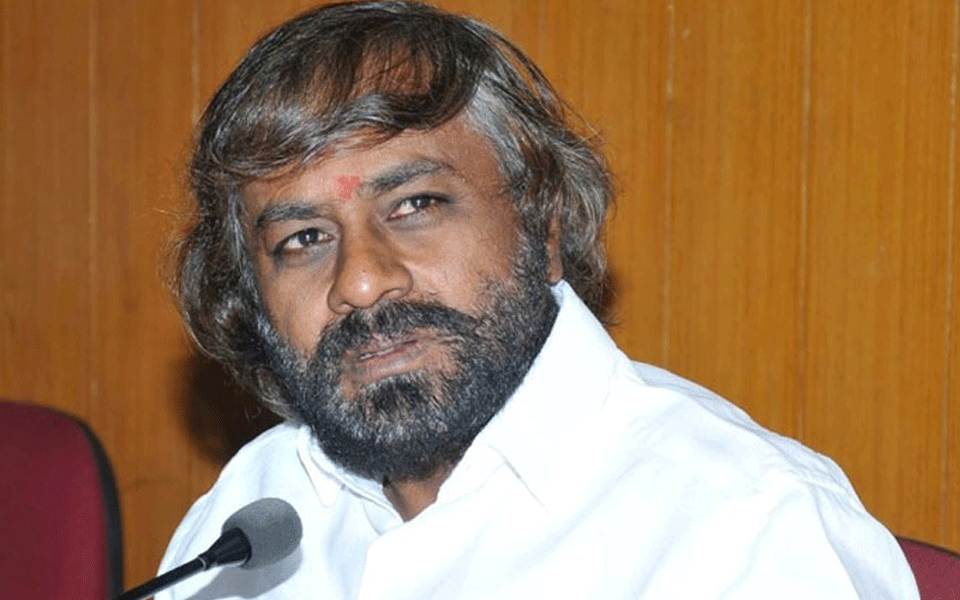Bengaluru, Sep 3: Karnataka Forest and Environment Minister B Eshwar Khandre said on Tuesday there is a dire need to adopt the practices of regeneration of solid waste, which is posing a grave threat to nature.
Speaking at the 5th Re-Commerce Expo, being held here till September 5, he said the need of the hour is to give top priority to regenerate and reprocess e-waste, batteries, and other electronic goods.
"This will not only be economically viable but also environmentally friendly," Khandre added.
According to the Minister, the collapse of hills and earth sinking at Shirur in the state and Wayanad in Kerala were a warning for us.
ALSO READ: Bengaluru: BBMP reports property tax arrears amounting to Rs. 474 crores
"We need to be vigilant and make plans to avoid such tragedies. Pollution is rampant in the atmosphere as well as in water due to increase in electronic goods, batteries as well as industrial pollution. It is our duty to protect mankind from these vagaries of nature that are posing a grave threat to the world," Khandre added.
He emphasised the need to blend the development and production process without damaging ecology and environment.
"There are huge opportunities for the younger generation to work on this subject," he added.
Venkatreddy D Patil, CEO of Urdhva Management, organisers of Re-Expo, said: "Our main aim is to strengthen processing for which the number of partners should increase. We need to re-process mobile, batteries and laptops and put it to use without harming the ecology and environment."
Let the Truth be known. If you read VB and like VB, please be a VB Supporter and Help us deliver the Truth to one and all.
Hyderabad (PTI): Telangana Chief Minister A Revanth Reddy met Union Home Minister Amit Shah in Delhi on Wednesday night and urged him to increase the sanctioned strength of IPS officers to the state in view of its growing administrative and security needs.
The two leaders also discussed the recent surrender of several senior Maoist leaders before the Telangana Police and other issues.
"During the meeting, the two leaders discussed the issue of Maoist surrenders and their rehabilitation. The chief minister informed Shah that significant improvements in policing have taken place in Telangana over the past two years," an official release here said.
Highlighting that 591 Maoists have laid down their arms and joined the mainstream of society during this period, the chief minister said the state government was providing them compensation and rehabilitation assistance as per the rules.
He requested the Union home minister to extend financial support from the central government for development works in the backward regions of the state.
Reddy also urged Shah to increase the sanctioned strength of IPS officers to the state from 83 to 105 in line with the state's growing administrative and security needs, the statement said.
The first cadre review after the formation of Telangana was conducted in 2016, while the next review, due in 2021, was delayed and finally carried out in 2025. Even then, only seven additional IPS officers were allocated to the state, the chief minister informed Shah and requested that the third cadre review be conducted in 2026 as per the schedule.
Reddy explained that Telangana, like the rest of the country, is facing several modern challenges, including cybercrime, drug trafficking, white-collar crimes, and other emerging security threats.
He highlighted the reorganisation of the Hyderabad, Cyberabad, and Malkajgiri Police Commissionerates, the proposed formation of the Future City Commissionerate and the rapidly growing population in Hyderabad to underline the increasing administrative requirements of the state.





